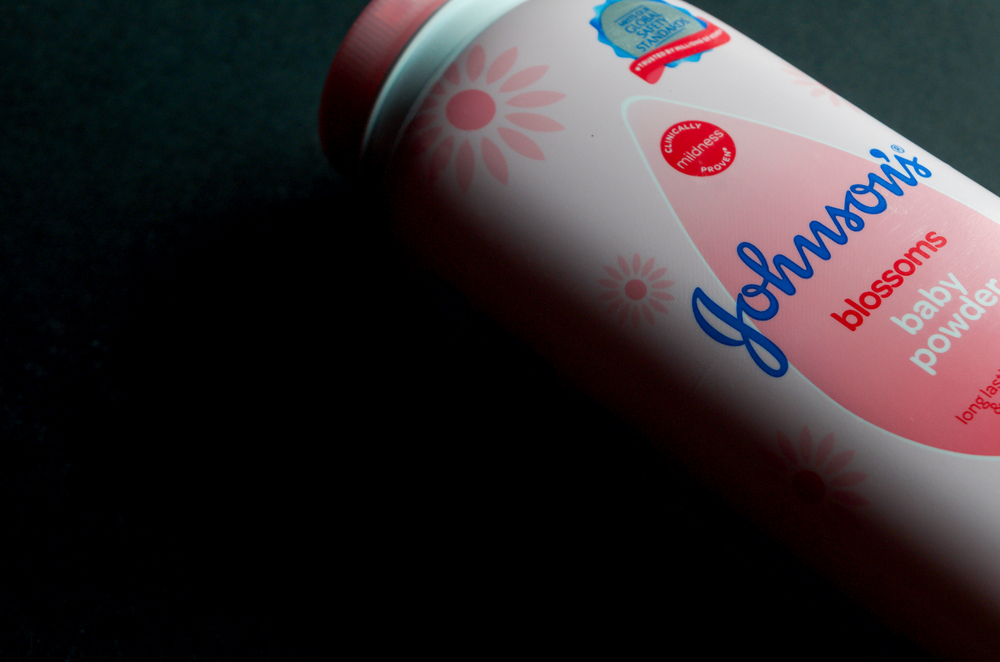Johnson & Johnson recently agreed to pay a staggering $8.9 billion to settle tens of thousands of people, arising from lawsuits against its popular talcum powder.
The plaintiffs claim the company’s talc products caused cancer. This development marks a significant victory in a legal battle that has spanned over a decade.
Johnson & Johnson Settlement Details
The proposed settlement will be paid out over 25 years through a subsidiary, which filed for bankruptcy to enable the $8.9 billion trust. If approved by a bankruptcy court, the agreement will resolve all current and future claims involving Johnson & Johnson talc products, including baby powder.
Over 70,000 Individuals in Lawsuit Affected
Lawyers representing nearly 70,000 plaintiffs, including families of people who died of ovarian cancer and mesothelioma, described the deal as a “landmark” and a “significant victory.” They assert that Johnson & Johnson’s talc-based products caused gynaecological cancers in tens of thousands of women.
Executives at the company have been aware of the risk of asbestos exposure linked to their talc products for decades. After years of resisting researchers and scientists, the company faced a surge of lawsuits, government investigations, and lawmaker inquiries in recent years.
Legal Obstacles
For the settlement to be finalised, the court must accept a new bankruptcy filing by its subsidiary LTL Management, as well as the settlement itself. The company also needs to persuade enough claimants to support the plan.
LTL’s initial bankruptcy filing was challenged by plaintiffs and dismissed by a U.S. appeals court, which ruled that bankruptcy wasn’t the appropriate way to resolve the matter.
The Impact on Johnson & Johnson
If approved, the settlement would end a long-running legal drama that has tarnished the company’s image. Their baby powder, though not a top seller, is one of the company’s most recognizable brands. Many plaintiffs claimed that the talc used in the product was contaminated with asbestos, a known carcinogen.
Opposition to the Settlement
Some lawyers involved in the cases oppose the settlement, acknowledging that court approval would apply to all plaintiffs. Jason Itkin, a lawyer handling 10,000 cases involving women claiming the talc-based powders caused their ovarian cancer, called the settlement “bad for victims” and believes it will be blocked in court.
He argues that even if the company succeeds with its filing, it will have to persuade enough claimants to vote in favour of the settlement plan.
Johnson & Johnson’s Position on the Lawsuit
Despite agreeing to the settlement, the company maintains that it is not an admission of wrongdoing. Erik Haas, Johnson & Johnson’s worldwide vice president of litigation, stated that plaintiffs’ claims “are specious and lack scientific merit.”
Haas argues that resolving the matter through the proposed reorganisation plan is more equitable and efficient, allowing claimants to receive compensation in a timely manner and enabling the company to focus on improving global health.
Discontinuation of Talc-Based Baby Powder
In 2020, the company announced it would discontinue sales of its talc-based baby powder in the United States. The company plans to stop selling the product worldwide this year and offer a cornstarch version instead.
It also plans to separate its consumer health business, which includes brands like baby powder, Neutrogena, and Tylenol, into a stand-alone company called Kenvue. The pharmaceutical and medical divisions will remain under the Johnson & Johnson umbrella.
Johnson & Johnson’s $8.9 billion settlement offer marks a pivotal moment in the long-running legal battle surrounding its talcum powder products. If approved, the settlement would provide compensation to tens of thousands of plaintiffs alleging that its talc products caused cancer.
However, the settlement still faces obstacles, including convincing enough claimants to support the plan and obtaining court approval. The outcome of this case will undoubtedly have lasting effects on Johnson & Johnson’s reputation and the future of talc-related litigation.











